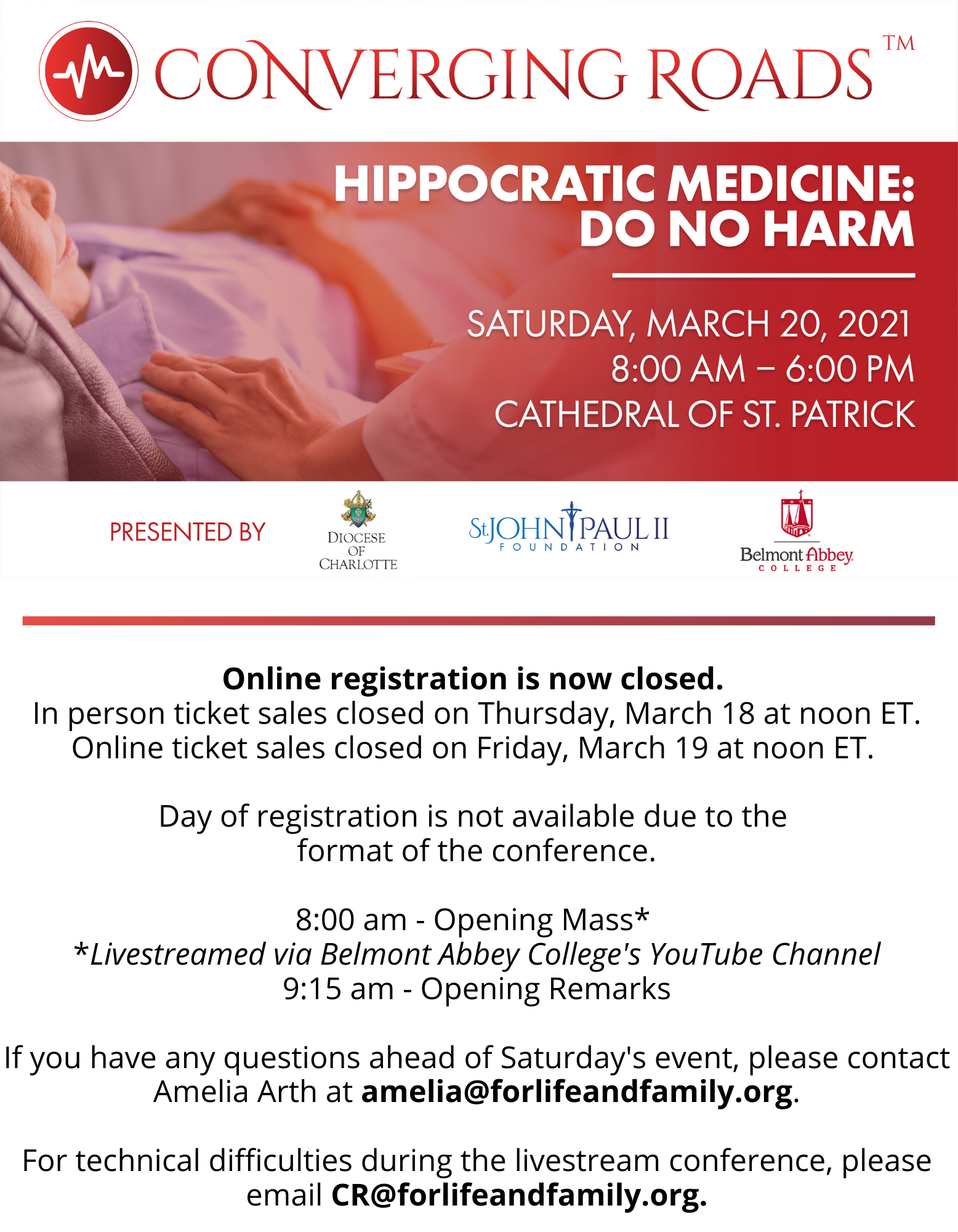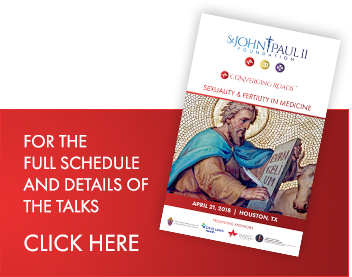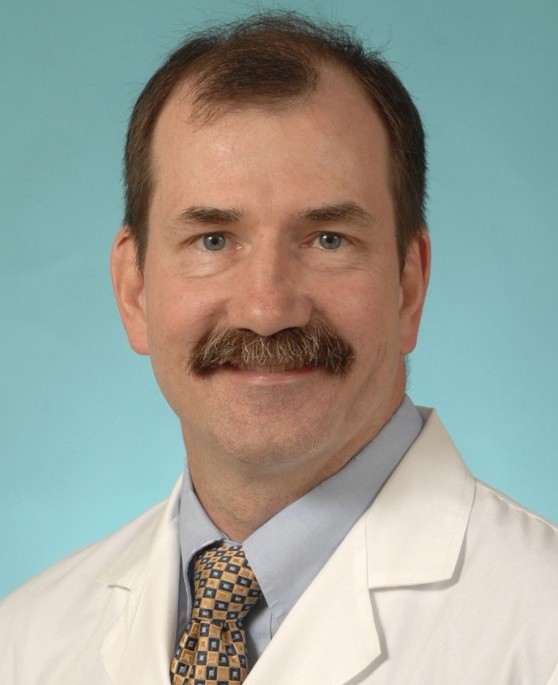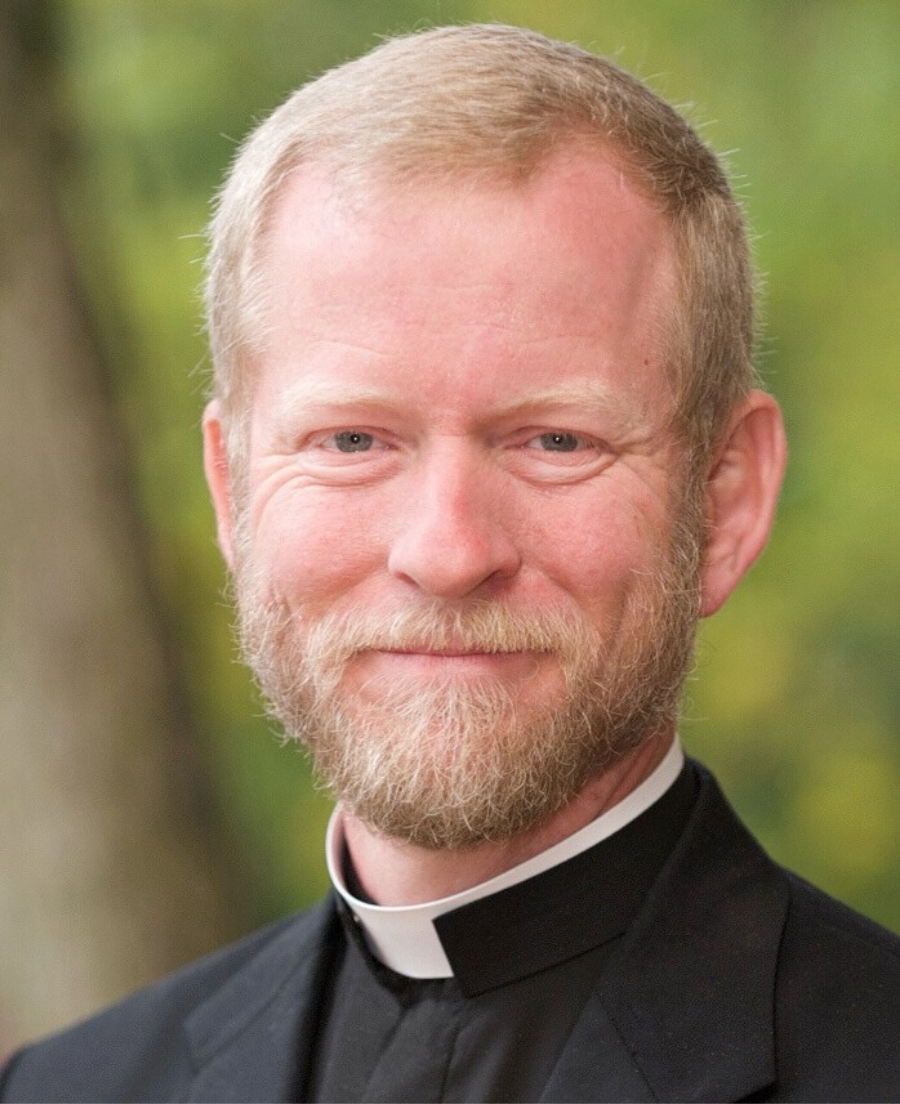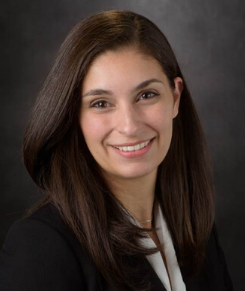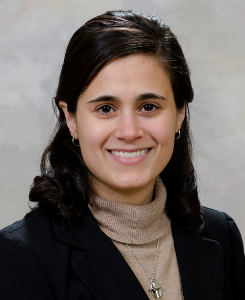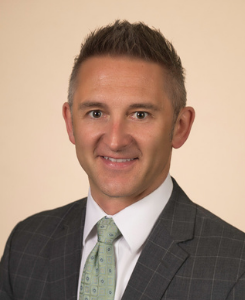about Converging Roads
Where Health Care Ethics and Medicine Converge
Converging Roads is a regional conference series offering continuing education for health care professionals that equips them to practice the highest ethical and medical standards of their profession. To learn more about Converging Roads, click here.- Feedback from Converging Roads 2019 and 2020:
- "I have been attending the Converging Roads conferences for three years now and have found the program enlightening and inspiring every year. As a medical student, I greatly appreciate having a way to learn from experts on how to think about medicine in the context of my faith."
- "Amazing conference. So many ethical questions arise with this conference. It is sometimes challenging in a normal day-to-day experience to engage in the faith’s doctrine and sometime we forget, but Converging Roads sets a reminder for the importance of Catholic medical professionals in the field."
- "I have now attended several of the Converging Roads conferences and have been greatly impressed by the caliber of the speakers and their knowledge base. The conferences have been exceptional."

Health + Safety Guidelines
-
The St. John Paul II Foundation and our presenting sponsors remain hopeful that Converging Roads will take place in person as planned under the guidance of Diocesan, city, and state recommendations. In order to meet the needs of our conference attendees, this year’s Converging Roads will be offered both in person and online. Please see below for ticket options and pricing.
- We know that Converging Roads is a vital ministry to you as health care professionals, and we look forward to serving you through this conference. We will ensure adequate social distancing and encourage the use of masks when social distancing cannot be maintained.
- *Policy is subject to change; dependent on Diocesan, city, and state guidelines at the time of the conference.
REGISTRATION
REGISTRATION IS NOW CLOSED
FOR SPONSORSHIP OPPORTUNITIES AND MORE INFORMATION, CONTACT
- Amelia Arth, Conference Coordinator
- 832.779.1070
- [email protected]
-
In-Person Ticket Options:
- Physicians/Physician Assistants: $149
- Nurses/Nurse Practitioners: $129
- General Admission*: $79
- (Other health care professionals and non-health care professionals)
- Medical residents, clergy, or religious*: $69
- Student Scholarship Rate**: $15
- (Medical, and nursing, graduate, and undergraduate students)
- *Not eligible for CME/CNE credits, however, Chaplain certificates of completion can be requested upon registration for continuing education purposes.
- **Not eligible for CME/CNE credits.
-
Online Ticket Options:
- Physician/Physician Assistant: $119
- Nurse/Nurse Practitioner: $99
- General Admission*: $49
- (Other health care professionals and non-health care professionals)
- Medical resident, clergy, or religious*: $39
- Student Scholarship Rate**: $0
- (Medical, and nursing, graduate, and undergraduate students)
- *Not eligible for CME/CNE credits, however, Chaplain certificates of completion can be requested upon registration for continuing education purposes.
- **Not eligible for CME/CNE credits
Exhibitor Opportunities:
Includes 1 exhibitor booth, in-person admission for 1 organizational representative, and inclusion in our Virtual Exhibitor Hall.- Ministry/Non-Profit (including CME/CNE credits): $170
- Ministry/Non-Profit (not including CME/CNE credits)*: $100
- Vendor/For-Profit (including CME/CNE credits): $220
- Vendor/For-Profit (not including CME/CNE credits)*: $150
- *Not eligible for CME/CNE credits, however, Chaplain certificates of completion can be requested upon registration for continuing education purposes.
TOPICS
-
Rationing in Times of Crisis
- Rev. Tadeusz Pacholczyk, PhD
-
Conscience Protection
- Gina Maria Noia, PhD
-
The Duty to Care When Facing Personal Risk
- Mark Repenshek, PhD
-
The Role of Disability in Determining Proportionate and Disproportionate Means and Access to Care
- Claudia R. Sotomayor, MD, DBe
-
Determining Treatments and Care at the End of Life
- Rev. Tadeusz Pacholczyk, PhD
-
Gender Dysphoria: Science, Ideology, and Ethics
- Paul Hruz, MD, PhD
SCHEDULE
8:00 AM |
|
9:15 AM |
Opening Remarks |
9:25 - 10:25 AM |
Determining Treatments and Care at the End of Life |
10:30 AM - 12:00 PM |
The Role of Disability in Determining Proportionate and Disproportionate Means and Access to Care |
12:00 - 1:30 PM |
Hippocratic Oath Luncheon |
12:25 - 1:25 PM |
The Duty to Care When Facing Personal Risk |
1:50 - 2:50 PM |
Rationing In Times of Crisis |
2:55 - 3:55 PM |
Conscience Protection |
4:10 - 5:10 PM |
Gender Dysphoria: Science, Ideology, and Ethics |
5:15 - 6:00 PM |
Wine & Cheese Reception |
Speakers
SPONSORS
CONTINUING EDUCATION

Accreditation
This activity has been planned and implemented in accordance with the accreditation requirements and policies of the Accreditation Council for Continuing Medical Education (ACCME) through the joint providership of Christian Medical & Dental Associations and St John Paul Foundation. The Christian Medical & Dental Associations is accredited by the ACCME to provide continuing medical education for physicians.
Physician Credit
The Christian Medical & Dental Associations designates this educational activity for a maximum
of 6.5 AMA PRA Category 1 Credit(s)™. Physicians should only claim credit commensurate with the extent of their participation in the activity.
Physician Assistant
AAPA accepts certificates of participation for educational activities certified for AMA PRA Category 1 Credit(s)™ by an organization accredited by the ACCME or a recognized state medical society. Physician assistants may receive up to 6.5 credits for completing this activity.
Nurse Practitioner
The American Academy of Nurse Practitioners Certification Program (AANPCP) accepts AMA PRA Category 1 Credit™ from organizations accredited by the ACCME. Individuals are responsible for checking with the AANPCP for further guidelines.
Nurse practitioners may receive up to 6.5 credits for completing this activity.
Nursing
This educational activity has been approved by the Ohio Nurses Association (ONA), an accredited approver by the American Nurses Credentialing Center’s Commission on Accreditation (OBN-001-91). Determination of credit is pending.
Objectives:
• Discuss medical psychosocial realities of gender dysphoria.
• Identify anthropological and medical basis for medical and psychological interventions
• Identify medical outcomes of puberty suppression and gender reassignment.
• Discuss puberty suppression and gender reassignment and whether these interventions are in keeping with medical data and best patient outcomes.
• Research the medical literature on gender dysphoria in adult and pre-adult population.
• Describe a well-formed conscience and the basic human right to discharge one’s conscience.
• Identify threats to conscience and the basic human right to discharge one’s conscience.
• Identify protections and legal rights of medical providers in the face of threats to the right to serve.
• Discuss the responsibility medical professionals have in caring for the sick, including those who may expose them to heightened risk.
• Identify what bearing the role of justice, prudence, and the Hippocratic oath have on cases.
• Describe, through case examples, protocols that can help medical professionals secure the health of both the patient and the medical professional.
• Discuss whether and when a heightened personal risk may preclude a medical professional from providing medical care to patients that expose them to heightened risk.
• Define proportionate and disproportionate means and identify the weaknesses of the language of futility in decision making.
• Describe the criteria used to determine whether a treatment is morally obligatory (proportionate) or morally optional (disproportionate).
• Discuss case studies based on clinical encounters and analyze ethical course of action in light of the principles of proportionate and disproportionate means.
• Define and propose key ethical principles that should inform decision making in times of crisis.
• Discuss the importance of justice in distribution of goods.
• Identify the challenges posed to medicine when resources are stretched beyond the usual limits.
• Discuss the rights of patients to health care in the midst of a pandemic.
• Discuss the medical/ethical notion of quality of life.
• Identify potential pitfalls with the language of “medical/ethical quality of life” that may not be fruitful in clinical encounters.
• Describe to what degree disabilities have an impact on whether medical interventions should be pursued.
– Identify through case examples, how to apply the principles of proportionate means to the medical-ethical care offered to disabled patients
Chaplains
The National Association of Catholic Chaplains has approved this program for 6.75 Continuing Education Hours. Please select the General Admission or Clergy/Religious (if applicable) ticket option and request a certificate of completion on your registration form. For questions, please email [email protected].
Venue
Cathedral of St. Patrick
1621 Dilworth Rd E.
Charlotte, NC 28203
For More Information:
Amelia Arth, Conference Coordinator
832.779.1070
[email protected]
CONTACT US
-
PHONE
832.779.1070
-
PHYSICAL ADDRESS
1177 W Loop South, Ste. 940
Houston, TX 77027 -
MAILING ADDRESS
P.O. Box 5927
Katy, TX 77491
